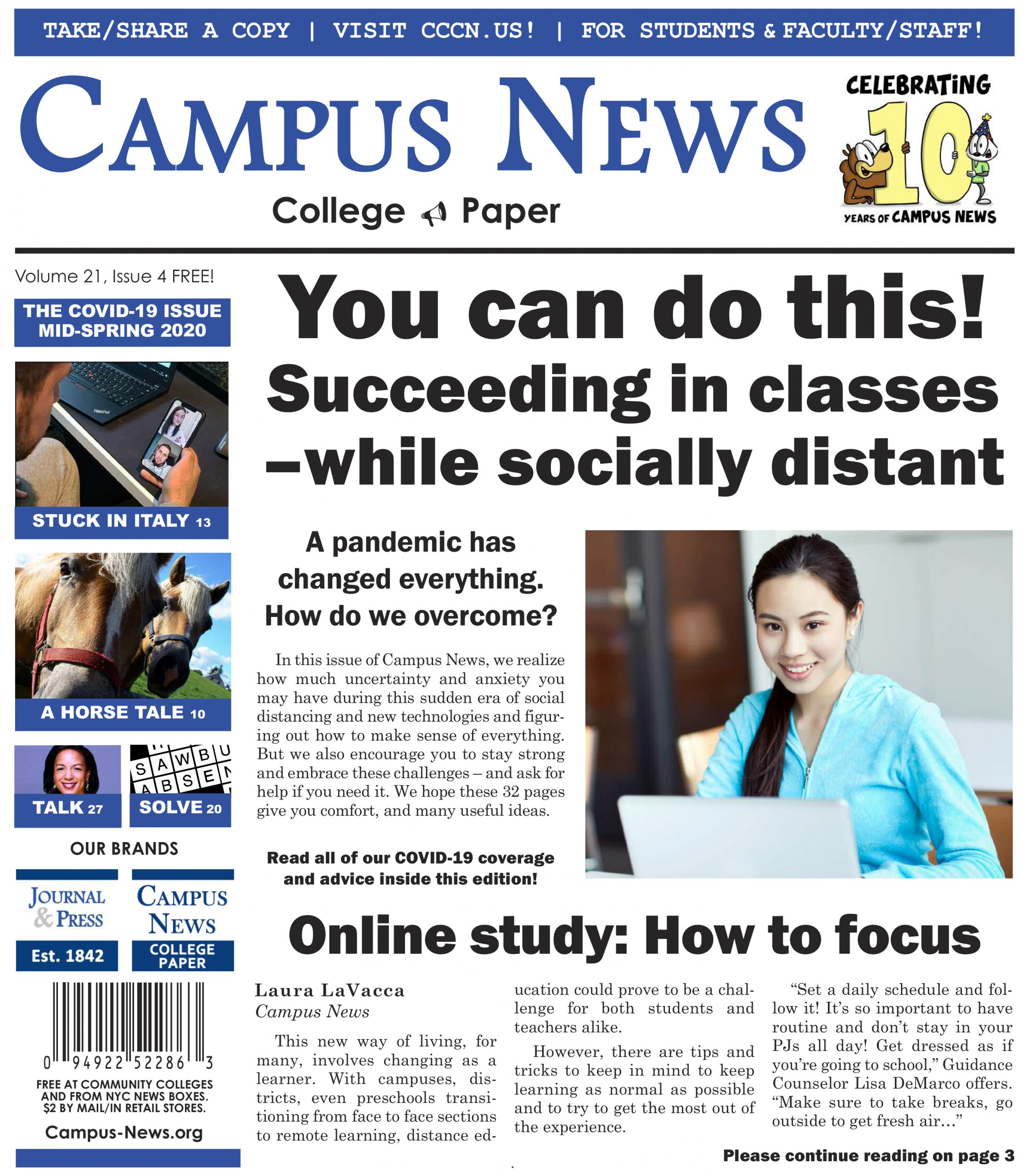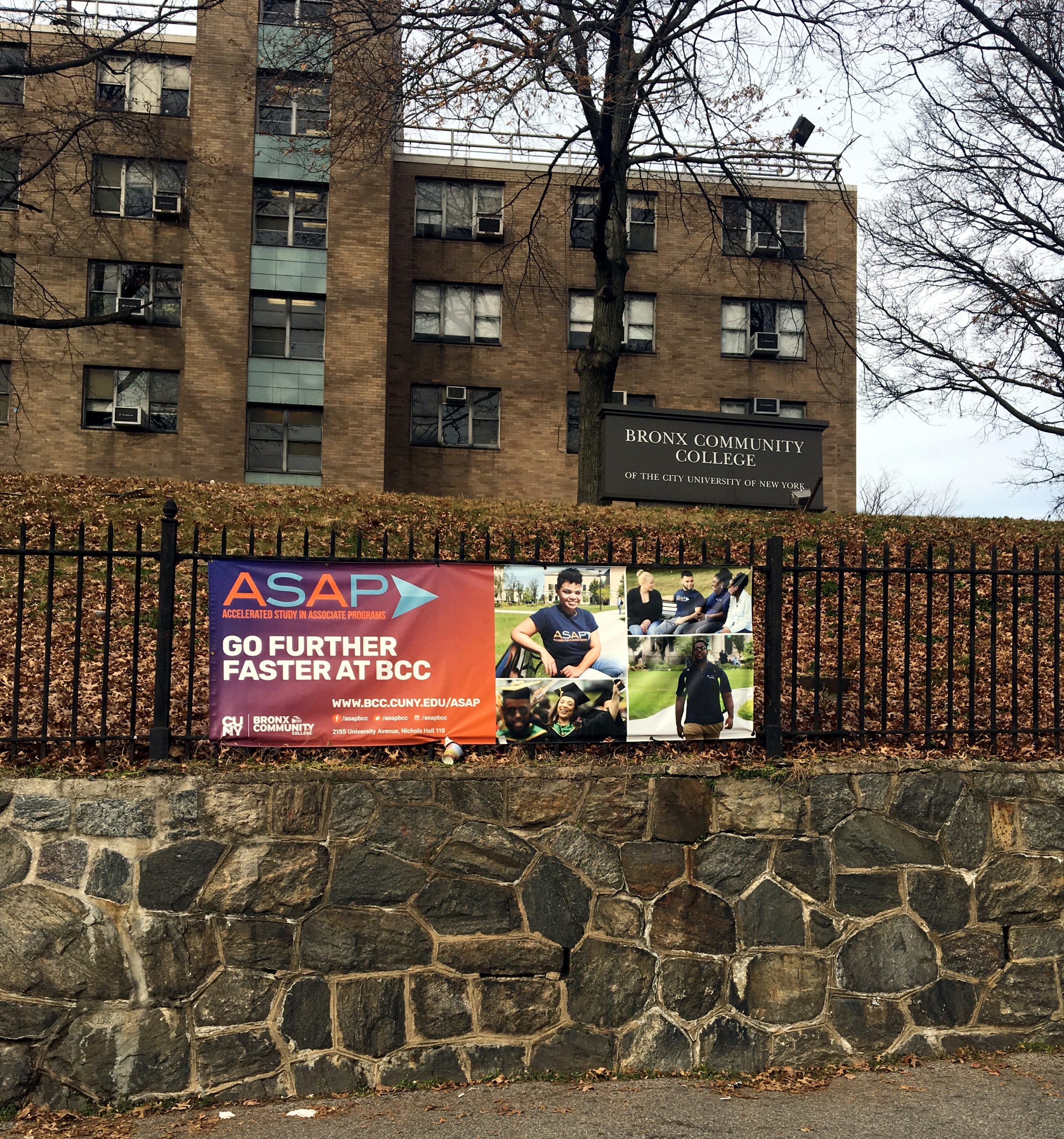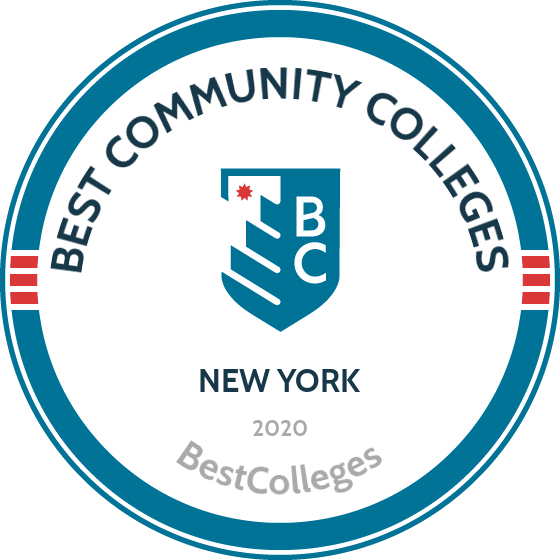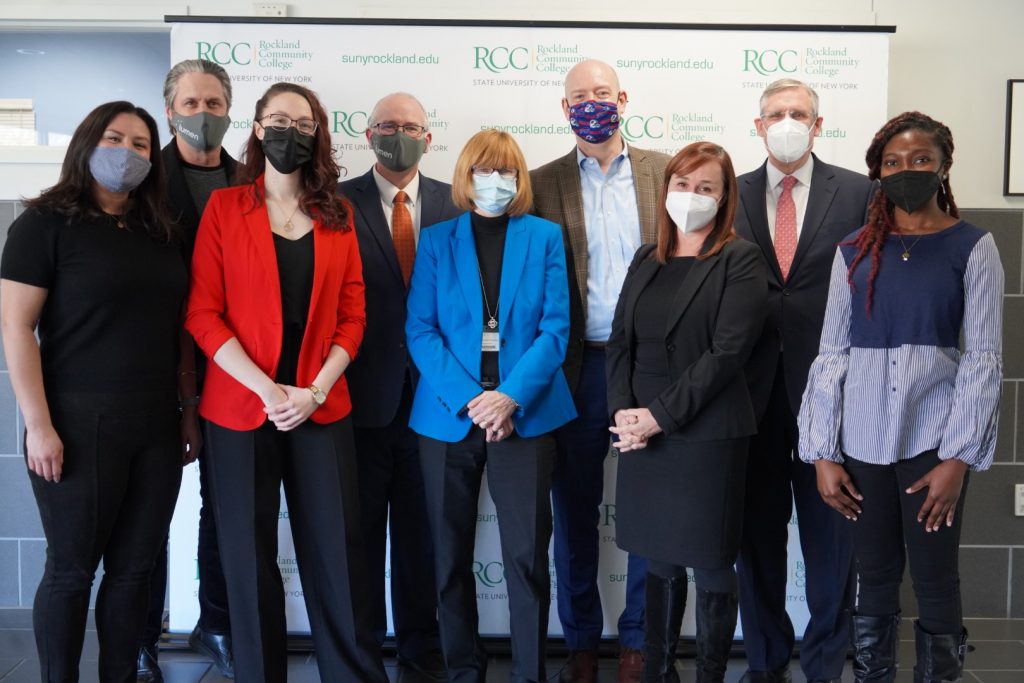The City University of New York’s Accelerated Study in Associate Programs, a nationally recognized student success initiative replicated around the country, has won the 2020 Innovations in American Government Award from the Ash Center for Democratic Governance and Innovation at Harvard University’s John F. Kennedy School of Government. ASAP was one of four finalists for this year’s award selected by a team of policy experts, practitioners and researchers for their success in addressing and promoting economic opportunity and social mobility.
For over 30 years, the Innovations in American Government Award has recognized public-sector programs at all levels of government that find efficient and creative solutions to persistent social problems. This year, the Innovations Award sought programs working to create economic opportunity for all in their communities. At nearly 53 percent, ASAP’s three-year graduation rate is more than double the rate among non-ASAP associate degree-seeking students. Additionally, analysis of the first five cohorts shows that ASAP narrows existing graduation gaps for black and Hispanic males and that all subgroups of students benefit from the program.

“For the past 13 years, ASAP had an enormous impact on the lives of over 58,000 associate degree-seeking CUNY students, helping them achieve their educational dreams and transform their lives, while simultaneously earning its much-deserved recognition as a national model for student success and educational opportunity,” said CUNY Chancellor Félix V. Matos Rodríguez. “At this time of great national urgency and personal challenges, at CUNY we feel tremendous pride at the news that ASAP has been awarded the prestigious 2020 Innovations in American Government Award.”
“CUNY through its ASAP program clearly demonstrates how supportive programs increase the completion rate of students able to complete their associates degrees,” said Professor Stephen Goldsmith, the director of the Innovations in American Government Program at the Ash Center. “The conclusions of our national panel of experts show that as we come out of the current crisis now more than ever what CUNY has done should be a model for community college and university systems across the country.”
Since 2007, when ASAP was launched thanks to the generous support of the New York City Office of the Mayor’s Center for Economic Opportunity (now NYC Opportunity), ASAP has helped students earn associate degrees within three years by providing a range of financial, academic and personal support services. Specific services offered by the program include comprehensive and personalized advising, career counseling, tutoring, waivers for tuition and mandatory fees, public transportation passes, and additional financial assistance to defray the cost of textbooks.
The program’s success has led to national replication of the ASAP model across five states. A random-assignment evaluation conducted by MDRC, a nonprofit, nonpartisan research firm, recently found that a replication of ASAP at three community colleges in Ohio had doubled three-year graduation rates and increased transfers to four-year colleges by nearly 50 percent. Most recently, Arnold Ventures awarded a $4.2 million grant to the Community and Technical College System (CTCS) of West Virginia, enabling West Virginia University Parkersburg and Blue Ridge Community and Technical College to launch their own ASAP-like programs this fall 2020.
ASAP, which is committed to graduating at least 50 percent of its student within three years, also offers special class scheduling options to ensure that ASAP students get the classes they need, are in classes with other ASAP students, and attend classes in convenient blocks of time to accommodate their work schedules. As students approach graduation, they receive special supports to help them transfer to four-year colleges or transition into the workforce, depending on their goals. The program now serves 25,000 students per year across nine partner colleges, and has been adapted to support baccalaureate students at two CUNY senior colleges.
The other 2020 Innovation in American Government finalists included: BenePhilly, a Philadelphia-based anti-poverty initiative that seeks to connect eligible citizens with public benefits; the Massachusetts Pathways to Economic Advancement Project, a workforce development initiative that aims to increase employment and educational opportunities for limited-English speakers; and the Opportunities for Ohioans with Disabilities Business Relations Program, a state agency that works with employer partners to promote and support the hiring of individuals with disabilities.








Facebook Comments